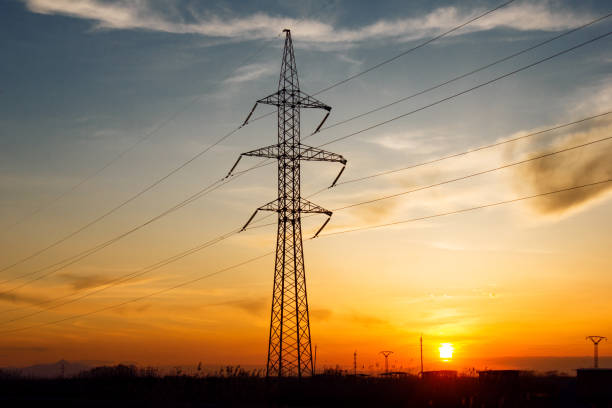Electricity Tariff Increase: What It Means for Schools and Businesses

We live in a world that heavily relies on electricity to power our homes, schools, and businesses. Unfortunately, a looming challenge awaits as the Nigerian government gears up to implement a significant electricity tariff increase, starting from July 1, 2023. This decision aims to eliminate subsidies in the energy sector and reflects the government’s efforts to align with market reforms. In this blog post, we will delve into the ripple effect of this tariff increase on schools and businesses, and explore strategies they can adopt to mitigate its impact.
The Impact on Schools:
Schools, as vital institutions shaping the future generation, are greatly affected by rising electricity costs. The tariff hike, projected to exceed 40%, places an enormous burden on educational institutions already grappling with limited budgets. The implications are far-reaching:
- Escalating Operational Costs: Schools heavily rely on electricity to power classrooms, libraries, computer labs, and other facilities. With higher tariffs, the cost of running these essential spaces will surge, leaving educational institutions with reduced funds for other crucial areas such as curriculum development, teacher training, and student resources.
- Educational Quality at Stake: Limited financial resources may force schools to make difficult decisions, such as cutting back on extracurricular activities, reducing the number of instructional hours, or compromising on the quality of educational materials. This jeopardizes the overall learning experience for students and undermines the pursuit of academic excellence.
Strategies for Schools:
To navigate the challenges posed by the electricity tariff increase, schools can implement several strategies to reduce its impact:
- Energy Conservation Initiatives: Encouraging energy-saving practices among students and staff, such as turning off lights and electronic devices when not in use, can significantly reduce electricity consumption.
- Renewable energy: Schools can explore renewable energy options like solar panels to generate power and lower dependence on the grid.
- Collaborative Efforts: Schools can form partnerships with local businesses, non-profit organizations, and government agencies to explore funding opportunities for energy-efficient infrastructure upgrades. Grants and subsidies may be available to support initiatives aimed at reducing energy consumption and transitioning to sustainable power sources.
The Impact on Businesses:
Businesses across various sectors are also poised to feel the pinch of rising electricity tariffs. The implications for businesses are wide-ranging:
- Escalating Operational Expenses: From small enterprises to large corporations, businesses rely on electricity for day-to-day operations, including lighting, equipment, manufacturing processes, and maintaining a functional workspace. The tariff hike will inevitably increase operational expenses, eroding profit margins and potentially leading to higher prices for goods and services.
- Competitiveness and Investment Climate: Businesses operating in Nigeria already face challenges related to infrastructure, and the electricity tariff increase adds another layer of difficulty. Higher costs of doing business may reduce the competitiveness of local enterprises, potentially discouraging both domestic and foreign investments.
Strategies for Businesses:
To navigate the impact of the electricity tariff increase, businesses can adopt the following strategies:
- Energy Audits and Efficiency Measures: Conducting energy audits to identify areas of wastage and implementing energy-efficient technologies can yield significant cost savings. Upgrading to energy-efficient appliances, optimizing production processes, and implementing smart energy management systems can help businesses reduce their electricity consumption.
- Diversification of Power Sources: Businesses can explore alternative sources of power generation, such as installing solar panels, investing in wind turbines, or utilizing biomass energy. Diversifying power sources can provide more control over energy costs and reduce dependence on the national grid.
As the Nigerian government prepares to implement a substantial electricity tariff increase, the effects on schools and businesses cannot be ignored. While the electricity tariff increase presents significant challenges for schools and businesses in Nigeria, it also offers an opportunity for innovation and resilience. By adopting energy conservation practices, exploring renewable energy solutions, and fostering collaboration, schools and businesses can navigate the changing landscape, reduce costs, and contribute to a sustainable future. Let us embrace these strategies and illuminate the path towards a brighter and more prosperous tomorrow.